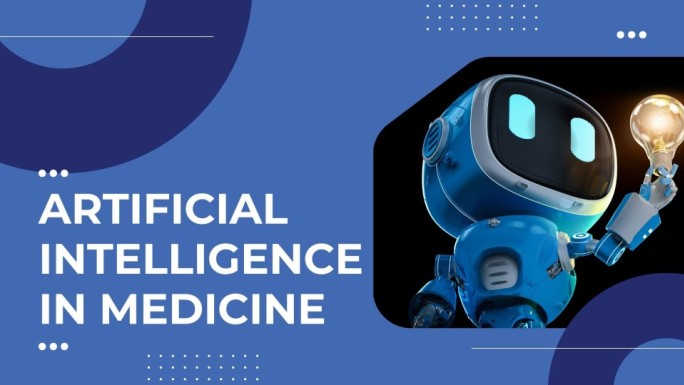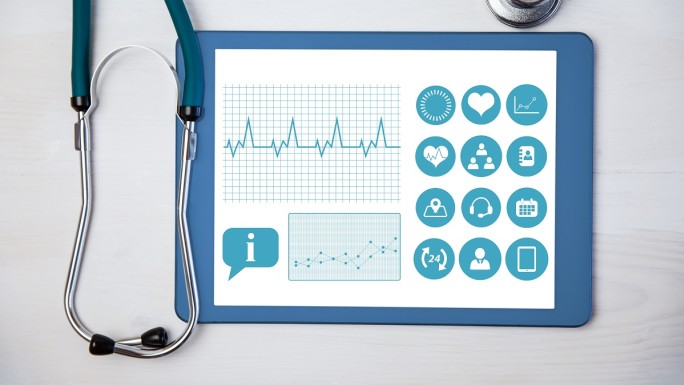A Guidance to Understand Drug Information System
It used to be hard to have an accurate and up-to-date drug information source. Doctors, pharmacists, documents, or paper prescriptions have been the traditional sources of drug information. Prescribing had to rely on the training and experience of healthcare providers. The risk of medication errors and adverse reactions was high, also healthcare providers can not utilize the use of medication sources.
As healthcare develops, having access to drug information is more and more crucial. The advent of technology has revolutionized the way healthcare professionals obtain and manage this information, with the introduction of the Drug Information System.
In this article, we will find out how this system became a helpful tool in providing comprehensive drug-related data, enabling healthcare providers to make informed decisions and ensure patient safety.
Overview of Drug Information System

A Drug Information System is a sophisticated and comprehensive software or information system used within healthcare settings to centralize, manage, and provide extensive data about medications, pharmaceuticals, and related drug information. It serves as an essential tool for healthcare professionals, pharmacists, and patients, offering access to a vast database that includes details on drug dosages, indications, contraindications, side effects, interactions, and administration instructions.
Drug information system also features clinical decision support capabilities, real-time alerts, and recommendations to assist in making safe and evidence-based decisions during medication management.
Purpose of Drug Information System
The primary purpose of a Drug Information System is to centralize and manage comprehensive drug-related data to support healthcare providers in making informed decisions regarding medications. When integrating with other healthcare systems, drug information systems would help healthcare providers have a complete look at patients’ medication conditions and have better adjustments in treatment. It serves as a vital tool to ensure medication safety, improve patient outcomes, and streamline healthcare processes.
Benefits of Drug Information System
A drug information system offers a wide range of benefits to healthcare organizations, patients, and healthcare professionals such as doctors, pharmacists, or nurses. By facilitating accurate and efficient medication management, drug information systems play a pivotal role in enhancing patient safety, improving healthcare outcomes, and streamlining clinical workflows.
To healthcare organizations
- By preventing medication errors, adverse events, and hospital readmissions, drug information systems can lead to cost savings for healthcare organizations and insurance providers.
- Drug information system simplifies medication-related tasks, reduces paperwork, and enhances workflow efficiency for healthcare professionals.
- Drug information systems can contribute to research efforts by providing access to a wealth of medication-related data for analysis and studies.
To healthcare professionals
- Drug information system provides real-time alerts and warnings about potential drug interactions, allergies, and adverse effects, reducing the risk of medication errors and adverse events.
- Healthcare providers receive evidence-based recommendations and guidelines when prescribing, dispensing, or administering medications, leading to more informed clinical decisions.
- By centralizing and automating medication data, the drug information system reduces the risk of transcription errors and ensures that accurate and up-to-date medication information is available.
- Drug information system streamlines medication processes, making it easier to prescribe, dispense, and administer medications, which ultimately saves time for healthcare providers.
- Drug information system facilitates medication management for telehealth services, enabling healthcare providers to remotely monitor and assist patients.
To patients
- By providing healthcare professionals with accurate drug information and support tools, drug information systems contribute to better patient outcomes and reduced hospitalizations.
- Patients can access their medication history, making them active participants in their healthcare and allowing them to communicate effectively with healthcare providers.
Read more: Key Features of Drug Information System
Barriers to using Drug Information System
While the drug information system has revolutionized how healthcare professionals access and manage drug-related information, it is important to acknowledge and understand their limitations. Despite their numerous benefits, drug information systems can present challenges that must be addressed for optimal use in the healthcare industry.
Outdated or Incomplete Drug Data
One of the main limitations of a drug information system is the possibility of incomplete or outdated information. The accuracy and reliability of drug data heavily rely on regular updates from authoritative sources. However, due to various factors, such as delays in data entry or limited resources for continuous updates, some drug information may be incomplete or not up-to-date. This can pose risks to patient safety and treatment decisions if healthcare professionals solely rely on the system without cross-referencing with other reliable sources.
Customization Needs
Healthcare organizations often need to customize drug information systems to align with their specific workflow and medication management processes. Customization can be complex and may introduce potential errors.
Lack of understanding of the system
Another limitation is the lack of knowledge about the drug information system. Healthcare providers may not be familiar with new features, or have a low level of using technology. This can take time for both healthcare providers and organizations to pace up with new and updated technology or changes in the system.
Strategies for overcoming challenges of Drug Information Systems

Overcoming the challenges of implementing and using a Drug Information System requires a strategic approach that involves both technical and organizational considerations.
Robust Data Quality Assurance
Implement data validation and quality control measures to ensure that the drug database within the drug information system is accurate, up-to-date, and free from errors. Regularly audit and review the data sources to identify and rectify inaccuracies.
Customization and Integration
Tailor the drug information system to the specific needs and workflow processes of your healthcare organization. Work closely with IT professionals to ensure seamless integration with other healthcare systems, such as Electronic Health Records (EHRs) and Pharmacy Information Systems.
Adhere to industry standards for healthcare interoperability, such as Health Level Seven (HL7) and Fast Healthcare Interoperability Resources (FHIR), to facilitate data exchange between systems.
Outsourcing your drug information system, and customizing the system to meet your expectations. Contact Ominext for a solution today!
System training and education
Provide comprehensive training for healthcare providers and staff on how to use the drug information system effectively, ensuring they are proficient in its features and functionalities. Offer ongoing education and refresher courses as system updates and new features are introduced.
Conclusion
The implementation of a robust Drug Information System is essential in modern healthcare settings. It empowers healthcare professionals with instant access to accurate and up-to-date drug information while enhancing patient safety through advanced search capabilities and medication management features. As technology continues to advance at an unprecedented pace in the medical field, embracing these systems will undoubtedly play an essential role in optimizing patient care and ensuring the highest standards of healthcare delivery.









